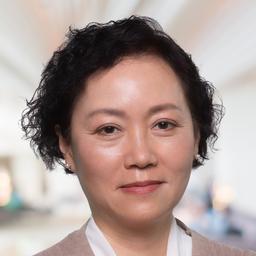Chinese medicine practitioners believe in preventing disease and regulating the body through eating certain foods.
Since I was a child, when I got sick, my parents always consulted Western doctors. I did the same as an adult and didn’t think about seeing a traditional Chinese medicine (TCM) practitioner.






